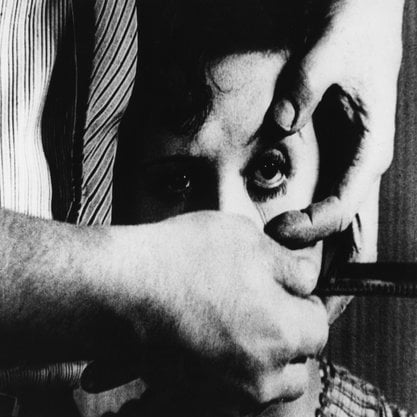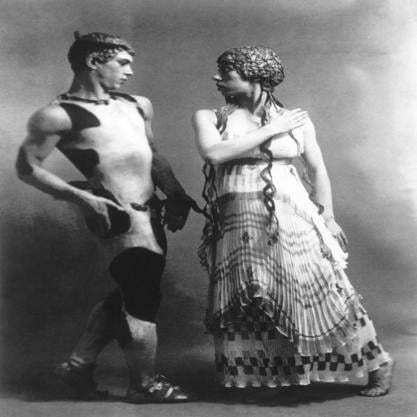Article
Kracauer, Siegfried (1889–1966) By Heitzman, Kendall
Article
Siegfried Kracauer was a German cultural critic and theorist. He wrote film and cultural criticism for the Frankfurter Zeitung in the 1920s and early 1930s. From 1933 to 1941 he was in exile in France before moving to the United States. He wrote criticism for various New York publications in the 1940s and 1950s. His major works include From Caligari to Hitler: A Psychological History of the German Film (1947), Theory of Film: The Redemption of Physical Reality (1960) and the posthumously published History: The Last Things before the Last (1969). Kracauer is perhaps most famous for his essay ‘The Mass Ornament’ (1927), which was an exploration of the relationship of the geometrical patterns produced by the Tiller Girls, precision dance troupes popular across Europe and the United States at the time, to contemporary economic and political realities.




